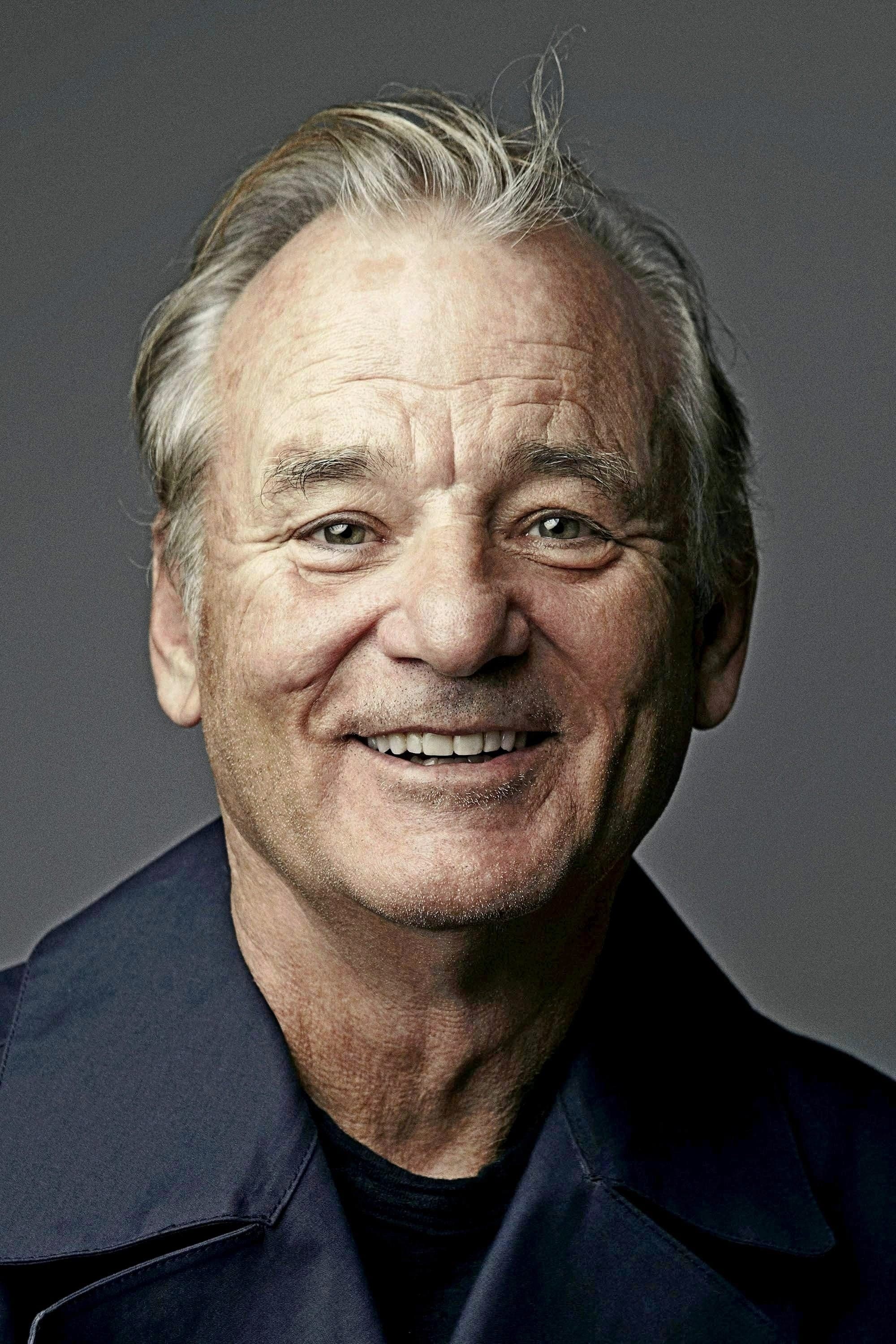
What About Bob?
May 17 1991
•2h 40m
•Comedy
Before going on vacation, self-involved psychiatrist Dr. Leo Marvin has the misfortune of taking on a new patient: Bob Wiley. An exemplar of neediness and a compendium of phobias, Bob follows Marvin to his family's country house. Dr. Marvin tries to get him to leave; the trouble is, everyone loves Bob. As his oblivious patient makes himself at home, Dr. Marvin loses his professional composure and, before long, may be ready for the loony bin himself.
Cast
See all
Bill Murray
Bob Wiley

Richard Dreyfuss
Dr. Leo Marvin

Julie Hagerty
Fay Marvin

Charlie Korsmo
Sigmund "Siggy" Marvin
Recommendations
See all
The Slender Thread
Alan is a Seattle college student volunteering at a crisis center. One night when at the clinic alone, a woman calls up the number and tells Alan that she needs to talk to someone. She informs Alan she took a load of pills, and he secretly tries to get help. During this time, he learns more about the woman, her family life, and why she wants to die. Can Alan get the cavalry to save her in time before it's too late?

Miracle Beach
Down on his luck, Scotty McKay becomes the master of a very lonely genie, who brings him wealth, power and true love. Miracles can happen!

Aziz Ansari: Dangerously Delicious
Aziz Ansari channels his crude side taking on topics like watching porn and the struggles of dating in New York City.

Roadracers
Cynical look at a 1950s rebellious Rocker who has to confront his future, thugs with knives, and the crooked town sheriff.